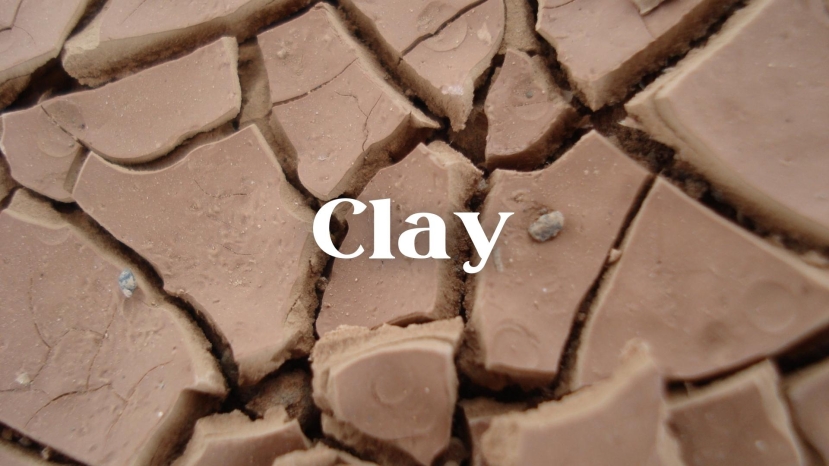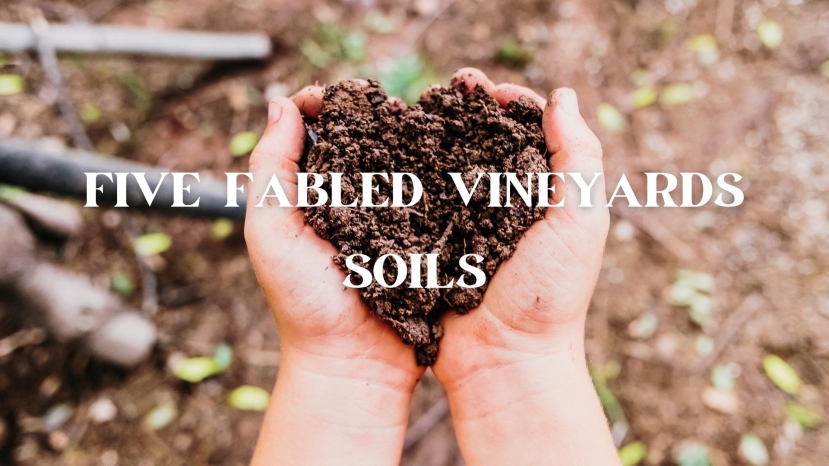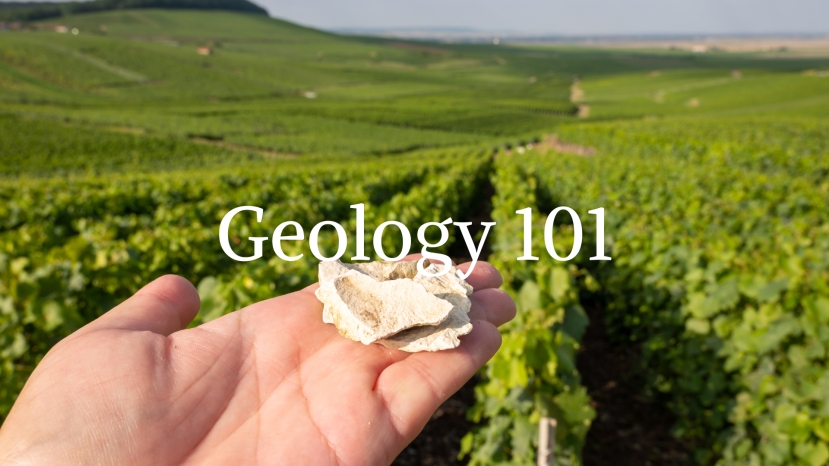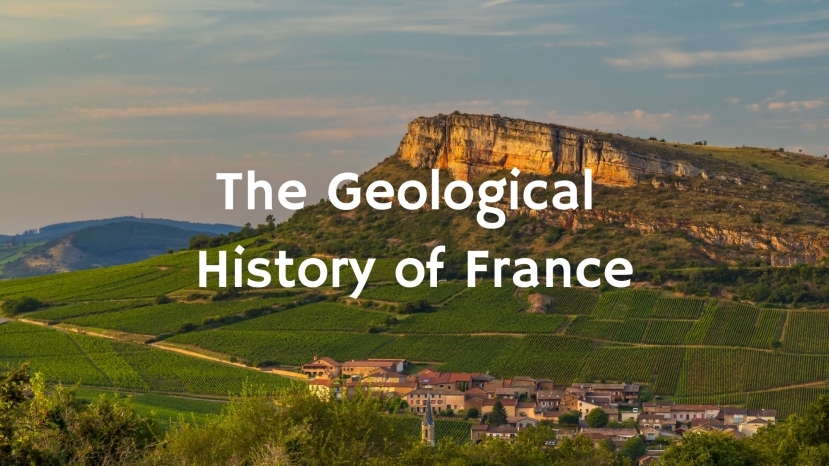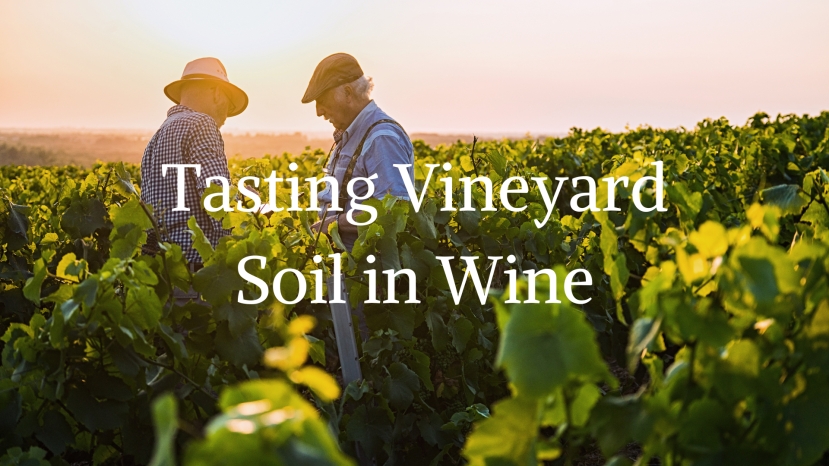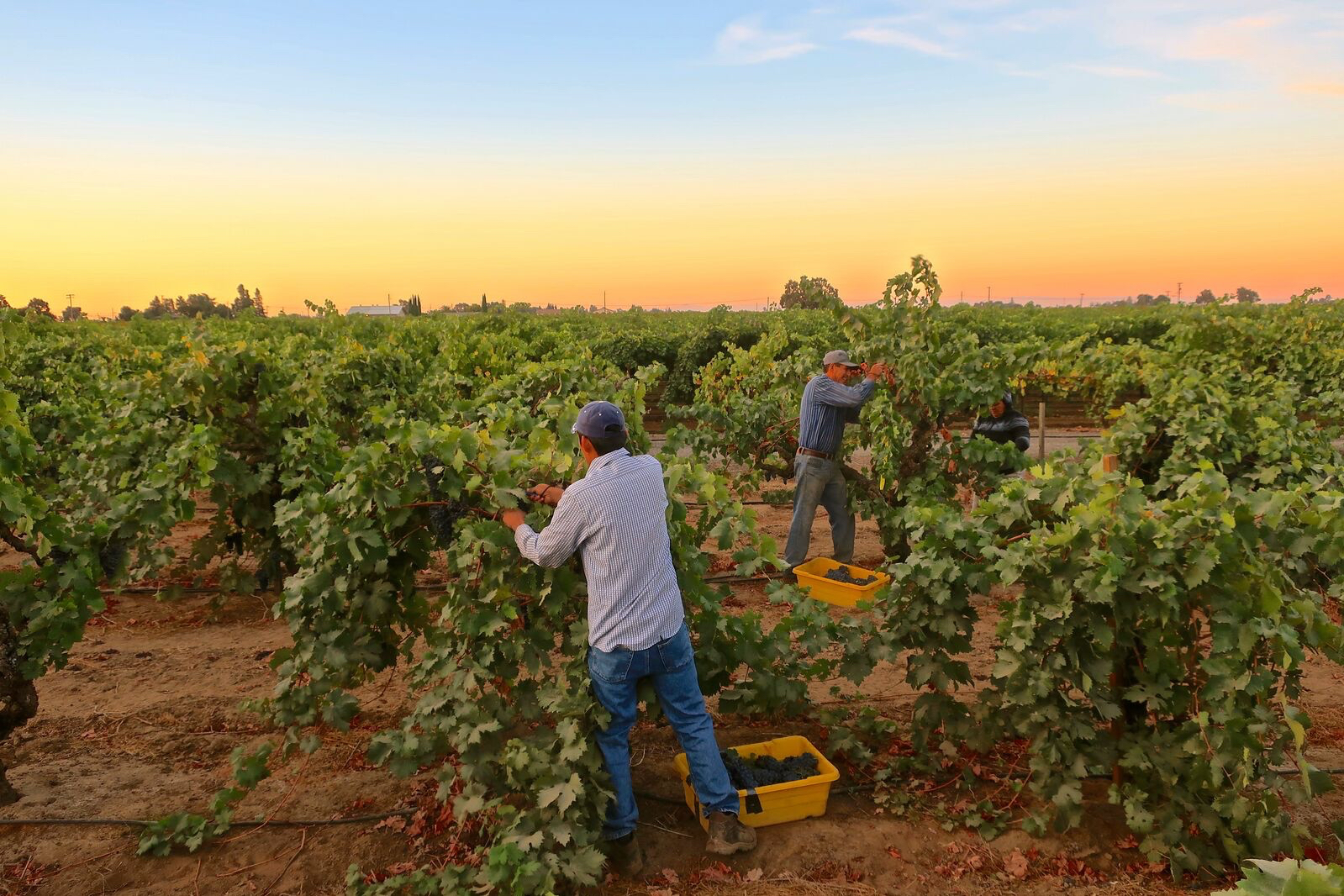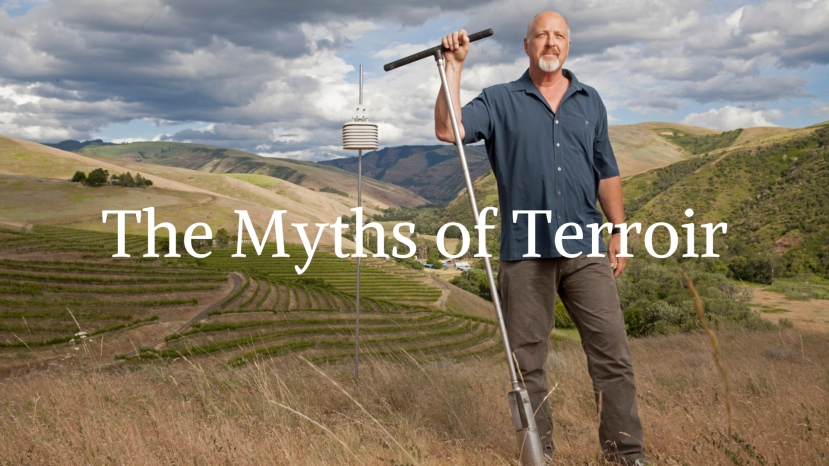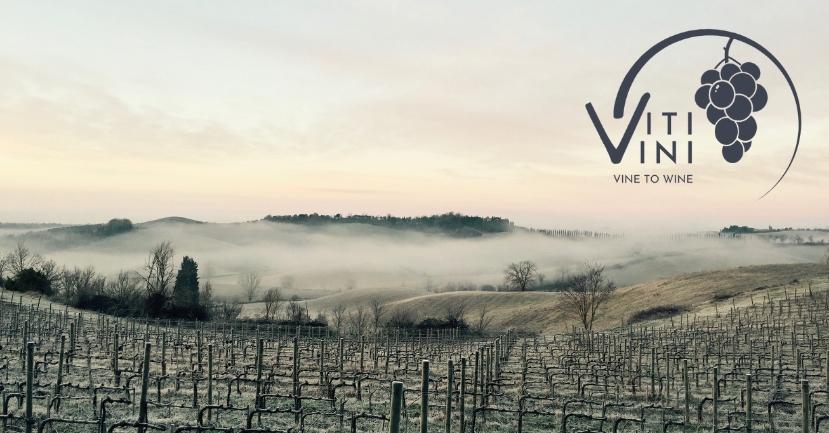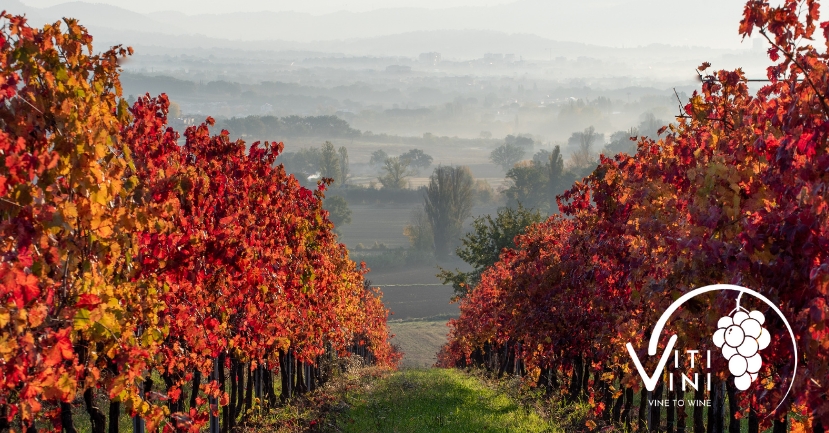BLOG
Soil Types
Summary:
Clay is very familiar: in garden soils, for modelling toys, baked as bricks and tiles, pots and plates. It’s very widely used commercially: in landfill linings, drilling muds, animal housing, insulation, explosives, medicines, cosmetics, etc. etc. And yet it’s a rather mysterious substance. What is it exactly? What is it made of? Why does it behave in such unique ways?In this WSG Live I will explain the
Summary:
Of all the vineyard soils of the world, a dozen or so have acquired a designation of their own.
Examples are New Zealands Gimblett Gravels (with their astonishing rise to fame), the albarizas of Spains sherry district (made of tiny but crucial architectural marvels), Californias enigmatic Rutherford Dust, the cherished Kimmeridgian of Chablis, and the spectacular terra rossa of Australias Coonawarra. The names probably mean little to most people but to wine
Summary:
This webinar will dig into the basics of rocks and soil, and their respective roles in defining a site’s terroir. This discussion will give you the terms, tools, and scientific foundation to discuss terroir like a pro.
We will explore the different types of rocks, how they form, and in which wine regions across the globe you can expect to find them.
Summary:
In order to understand better the specificities that led not only to the present-day landscape but also to the soil and subsoil nature and diversity of the French vineyard, a travel in the past times is necessary.
In order to understand all the key events that occurred during the hundreds of million years of geological history. Being aware that a lagoon, a tidal-influenced
Summary:
Welcome to the soil signatures course! This course is aimed at helping students understand the very tangible effect that different soil types can have on the flavours we encounter in the glass.
Summary:
Welcome to the soil signatures course! This course is aimed at helping students understand the very tangible effect that different soil types can have on the flavours we encounter in the glass.
Summary:
Why do we think that the vineyard soil is so important for the taste of wine?
The rocks and soils in the vineyard certainly affect how vines grow but these days they pervade writings on wine flavor; some commentators believe they are the overriding contributor to taste. There are restaurant wine lists organized not by grape variety, region or style but by geology: granite wines,
WSG is proud be the first Educational Partner of The Old Vine Conference. Read more to find out how this dynamic non-profit organization is actively creating a global network of old-vine disciples while raising awareness through education.
Summary:
Terroir has often been defined as an untranslatable French concept with somewhat mystical attributes.
Some wine experts view terroir as an over-hyped myth, while others consider it to be primarily responsible for the unique sensory characteristics and distinctiveness of wines.
This webinar will explore how the concept of terroir has evolved
Finally, we have reached the end of the winemaking year.
In the vineyard, soil health is a common topic of discussion now that the vines are dormant. This is a great time to dig soil pits and send samples off to discover more about the composition of the soil layers around the root system of the vines.
Soil pH plays a large part in the health of a vineyard as it controls nutrient uptake. Even if the soil contains plenty of a particular nutrient, if soil pH is wrong, that nutrient might not be available in a form that the plant can use. This can lead to micronutrient deficiencies or toxicities. For this reason, it is very important to manage the soil pH.
At the start of November, areas with long growing seasons are still wrapping up harvest, but most wineries in the northern hemisphere have brought their grapes into the winery. An exception to this rule is any fruit being left out for ice wine production.
Ice Wine ProductionGrapes destined for ice wine production must hang on the vine until temperatures reach a consistent 20°F/-7°C or below. Only at this point, can the frozen berries be harvested.
November begins with a lot of activity in the winery and ends with everyone taking a collective sigh of relief. The growing season is at an end and most wine production professionals can take a moment to reconnect with their families and friends and take a well-deserved vacation.

